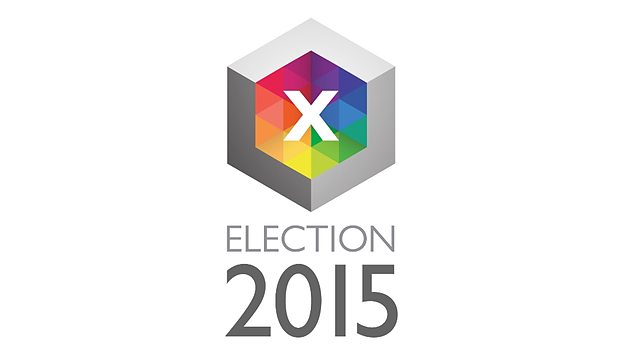 |
With the United Kingdom approaching the 2015 general election this week, voters throughout the country will once again be carefully considering their choices at the polls. As politicians across the political spectrum begin to bring their campaigning to a close, all be keenly watching how the growing and influential British Tamil community will vote. As recognised by almost all of the competing candidates, the role played by ethnic minority groups in this election will be key, with many constituencies across the country, particularly in London, being heavily contested and currently hanging in the balance between the country's major parties. British Tamils, who have a considerable presence in many of these constituencies, will thus play a crucial role on May 7th. The Tamil vote could be decisive – one that could ultimately play a vital role in deciding the outcome of the election.
As has been demonstrated numerous times in the recent past, when effectively mobilised, the British Tamil diaspora can be particularly powerful. The decisive role that the community will play is also testament to the integral roles they have come to take up in British society. Tamils are engaged in all facets of social, economic and political life in the UK. Tamils themselves run for all kinds of political office, including seats in next week's election, with campaign groups keenly engaging in British electoral politics for parties across the political spectrum. Tamils are employed in the public sector, run major enterprises in the private sector and have become groundbreakers in the UK's arts and culture scene. As they become more embedded and continue to influence and shape British life, this striving community ethic has extended through to the second and third generations. Universities across the country are seeing growing numbers of Tamil students, including some of the most prestigious institutions in the world. They have grown to become one of the innovative and exciting sections of the British community, all whilst comfortably and proudly blending Tamil and Western cultures.
This has not gone unnoticed. Leading candidates, including the incumbent prime minister and opposition candidate, have recognised and paid tribute to the work of the Tamil community, as demonstrated in their messages marking the Tamil New Year last month. It was therefore disappointing to see these messages of celebration and praise met with cries of “racism” from the Sinhala community and the Sri Lankan government. Nevertheless, it is an apt reminder of the influence of the Tamils and their integration into British life.
The election will see Tamil voters exercising their franchise and hotly debating and deciding on key issues affecting the daily life of Britons and the future of the country, such as taxation, healthcare and housing. However, before they and their fellows Britons go to the polls, also at the forefront of the Tamil vote will be the UK government's policy on Sri Lanka. Indeed, despite variations on views on almost all other topics there is a remarkable unanimity on this issue and how Britain must press forward on its engagement with Sri Lanka.
The diaspora, itself a manifestation of Sinhala oppression, is all too familiar with the continuing ethnic politics at play in its homeland. Thoroughly engaged into global liberal order, Tamils have long had a comprehensive understanding of core political phenomena, especially liberal democracies and market economics. After all, it was Tamil enterprise, which has traditionally thrived on open markets, that was and continues to be systematically destroyed by Colombo. This, alongside the continued Tamil contribution to British life, demonstrates that they know precisely how it should work and why it doesn’t in Sri Lanka.
The international community and policy makers in Britain are increasingly aware of this. As our feature shows, prospective parliamentarians across the country are intimately familiar with the issue of Sri Lanka, a tribute to the importance it will bear for UK foreign policy. The Tamil diaspora, who have increasingly positioned themselves to bear their artistic, intellectual, financial and political resources towards the liberation of their people and homeland will ensure that this remains fully on the agenda. When the votes are counted and the results announced, Tamil voters will have had their say.
